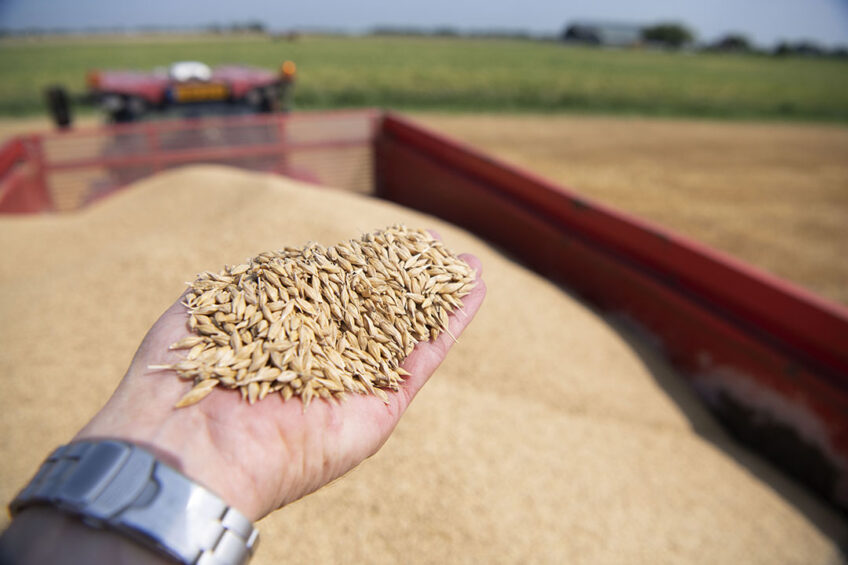Russia pulls out of crucial Ukraine grain deal

Russia says it has officially pulled out of the crucial grain deal with Ukraine that allowed ships to enter Black Sea ports and transport crops to the rest of the world.
The deal was originally brokered by the UN and Turkey but has been operating very slowly more recently due to the reluctance of Russian staff to inspect the ships.
Since the beginning of the war started by Russia, Ukraine desperately needs to keep exports flowing as it is one of the world’s largest exporters of sunflower, maize, wheat and barley.
Under the terms of the agreement, cargo ships could collect grain from the ports of Odessa, Chornomorsk and Yuzhny/Pivdennyi.
A ‘de facto’ end
Originally, ships were getting through with few problems and were able to deliver the goods to customers in Africa, Europe and beyond. However, Kremlin spokesman Dmitry Peskov has announced that the agreement had reached a ‘de facto’ end, adding that it could be ratified again if certain conditions were met. Those conditions relate to the transport of particular agricultural goods out of Russia, which President Putin said were part of the agreement.
Putin alleges that the deal allowed the export of food and fertiliser out of Russia and that these were not happening. He had threatened to pull out of the deal in the past, blaming western sanctions, which he said were also hindering Russian agricultural exports.
Russians bluffing?
However, Kees Huizinga, a Dutch farmer running a 15,000-hectare farm near Cherkasy in central Ukraine, says the Russians are once again bluffing about the grain deal. “The Russians are bluffing again with the grain deal. It looks like a ritual repeating itself every 60 days. The grain deal effectively hasn’t really been working over the last few months since Russia has artificially been slowing down ship inspections.”
He added that western leaders “absolutely shouldn’t give in to these threats from the Russians” and that they should make sure Ukraine can export its grain “whether Russia likes it or not”.
“People say a lot of things about Turkey’s President Erdogan, but he really shows how to deal with the Russians. Other leaders should take his example in this case,” he noted, adding, “If the world lets Russia keep on manipulating with world food supply, the commodity prices will stay as volatile as they are now. Last year grain prices in western Europe went over US$350 per tonne, and this season they plummeted to below $200 per tonne.”
“There are no complete alternatives for the grain export through the Black Sea.”
Huizinga added that in Ukraine, farmers could currently get US$100 per tonne because of all the additional handling and alternative transportation costs compared to exporting through the Odessa ports. “We can’t grow grain for this price,” he said. “There are no complete alternatives for the grain export through the Black Sea. Since last year’s harvest, Ukraine exported 32 million tonnes through the Black Sea, which is half of what we normally export, due to the war. Together with the Danube ports, road and rail transport, Ukraine managed to sell most of its commodities, although with a large price reduction at the cost of the farmers. These 32 million tonnes can’t be redirected through Romania or Poland.”
A need for stability
Huizinga said farmers and consumers need stability: “We can’t have Putin interfering with this and use it to destabilise the world.”
In response to Russia ditching the deal, Ukrainian President Volodymyr Zelensky said they intended to continue exporting grain, reiterating that the agreement was made up of 2 deals that mirrored each other – one signed by Ukraine and the other by Russia.
“We are not afraid,” said Zelensky. “We were approached by companies who own vessels, and they’re willing to continue shipping grain if Ukraine agrees to let them in and Turkey to pass them through.”
 Beheer
Beheer











 WP Admin
WP Admin  Bewerk bericht
Bewerk bericht